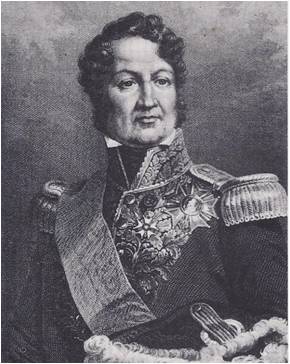IN DECEMBER of 1848, the French elected Louis-Napoleon Bonaparte as president of the Second French Republic. What he stood for was not very clear, but to most Frenchmen that did not seem important. He was the nephew of the great Napoleon and the very sound of his name stirred them like a battle-cry. Since the defeat of the first Napoleon in 1815, there had been little in French politics to capture the imagination. As the years passed, the French looked back on the Napoleonic era as the time of their greatest glory. The writer Victor Hugo wrote poems about Napoleon. …
Read More »








